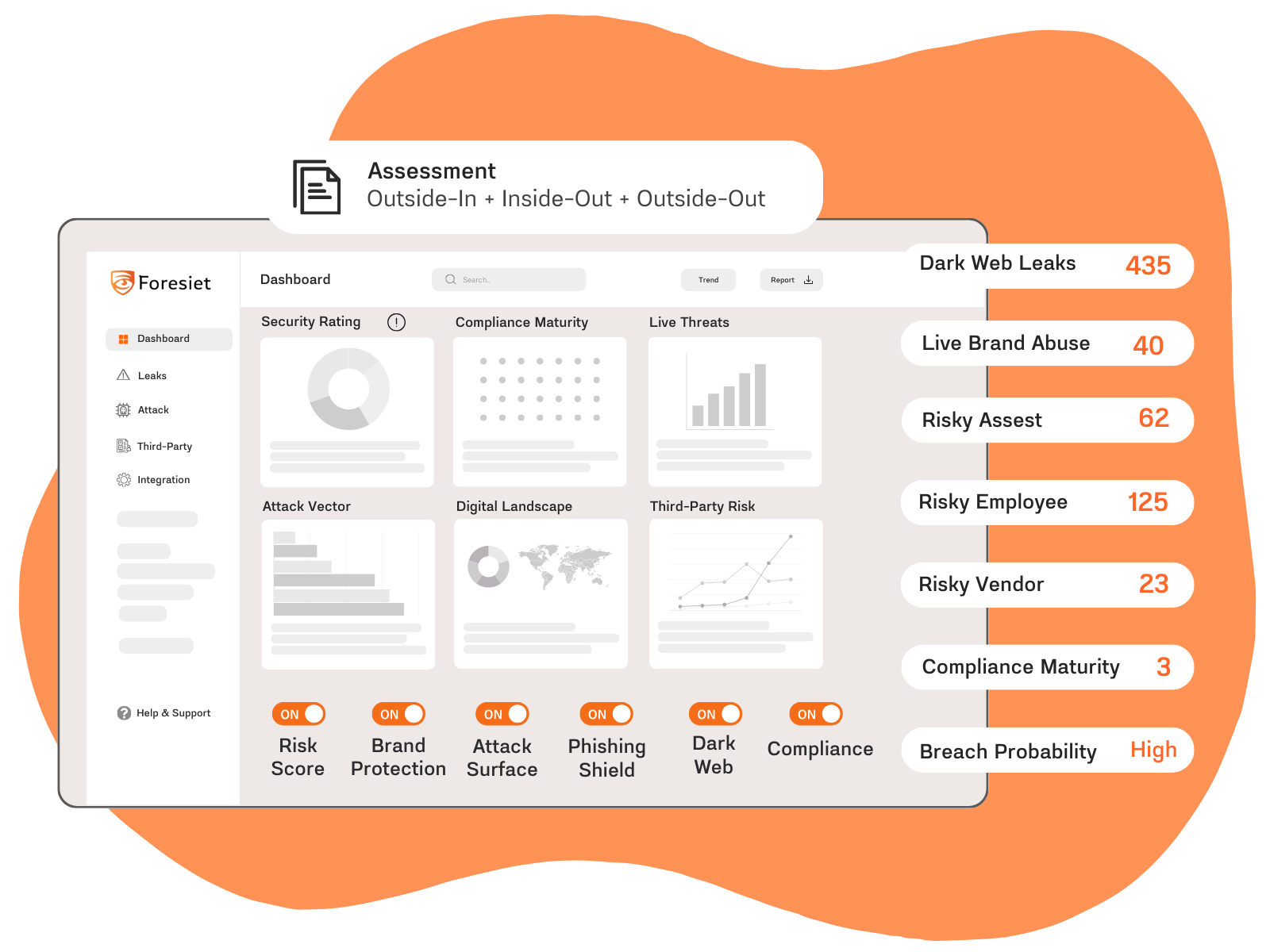Cyber Threats on the Rise: China's 'Salt Typhoon' Targets U.S. ISPs

Introduction
A newly identified advanced persistent threat (APT) named "Salt Typhoon" is making headlines as it infiltrates Internet service provider (ISP) networks in the United States. Sponsored by the Chinese state, this campaign aims not only to gather sensitive information but also to establish a foothold for potential disruptive attacks. As geopolitical tensions continue to rise, understanding these threats and their implications is essential for organizations across various sectors.
Overview of Salt Typhoon
Salt Typhoon has recently been reported to have successfully targeted several U.S. cable and broadband service providers. Although details remain sparse, the significance of this development cannot be understated, as it reflects broader Chinese priorities concerning national security and geopolitical strategies.
The Dual Purpose of Attacks
The operations conducted by Salt Typhoon may serve dual purposes: espionage and military pre-positioning. Gaining access to ISP networks allows these attackers to gather critical reconnaissance data on users, particularly those associated with the federal government, law enforcement, military contractors, and major corporations.
Sean McNee, Vice President of Research and Data at DomainTools, states, “Accessing ISPs enables bad actors to survey their users, uncovering sensitive information such as locations, billing details, and service usage patterns.” Such data could be pivotal in future operations targeting high-value individuals or organizations.
Military Implications of Cyberattacks
Beyond information gathering, there is a growing concern about the military implications of these cyberattacks. As China seeks to assert control over Taiwan and other regional assets, the potential for offensive capabilities being developed through these ISP infiltrations is alarming.
Sean McNee, Vice President of Research and Data at DomainTools, highlights that gaining access to ISP networks enables threat actors to observe their users and gather vital information such as locations, billing details, and usage patterns. This information can be instrumental in strategizing future attacks against significant targets or organizations.
Historical Context
Recent history reveals a pattern of Chinese-sponsored cyber campaigns focusing on telecommunications and critical infrastructure. For instance, Microsoft previously identified Volt Typhoon as a group engaging in efforts to plant themselves within military bases and telecom infrastructures to disrupt communications. Despite China's denials of such activities, the Salt Typhoon campaign underscores the urgency of these threats.
Targeting Communications Infrastructure
The ongoing assaults on communications service providers signal a strategic focus on destabilizing critical infrastructure in the U.S. and its allies. This aligns with previous efforts by groups such as Flax Typhoon, which utilized legitimate tools to conduct covert operations against entities in Taiwan, and Brass Typhoon, which targeted various military and energy sectors in Southeast Asia.
Terry Dunlap, Chief Security Strategist at NetRise, emphasizes the need for heightened vigilance among ISPs. “ISPs must prioritize hardening their defenses against phishing, social engineering, and other tactics employed by threat actors.”
Identifying Vulnerabilities
ISPs face unique vulnerabilities, particularly concerning firmware and supply chain security. Dunlap notes that “many firmware systems contain insecure code that can be exploited if discovered.” Additionally, the risk of malicious code being integrated into networking hardware supplied by adversarial nations is a significant concern.
Recommendations for Enhanced Security
Given the escalating nature of threats like Salt Typhoon, organizations must adopt proactive measures to enhance their cybersecurity posture. Here are key strategies:
- Stolen Credentials Detection: Implement tools to monitor and identify stolen credentials, reducing the risk of unauthorized access.
- Darknet Monitoring Services: Utilize dark web surveillance to track compromised data and proactively mitigate risks.
- Digital Footprint Analysis: Regularly assess the organization’s online presence to identify and address potential vulnerabilities.
- Brand Protection and Impersonation Defense: Strengthen defenses against brand impersonation attempts to protect the organization’s reputation.
- Online Risk Evaluation: Conduct thorough evaluations of potential online risks to safeguard digital assets.
- Digital Threat Scoring: Prioritize response efforts by employing digital threat scoring methodologies.
Conclusion
As state-sponsored APTs like Salt Typhoon continue to evolve and target critical infrastructure, organizations must remain vigilant and proactive in their cybersecurity strategies. By understanding the nature of these threats and implementing robust defenses, businesses and governmental entities can better protect themselves against the complexities of modern cyber warfare. In this ever-changing landscape, a strong security posture is not just an option; it’s a necessity.
About Foresiet!
Foresiet is the pioneering force in digital security solutions, offering the first integrated Digital Risk Protection SaaS platform. With 24x7x365 dark web monitoring and proactive threat intelligence, Foresiet safeguards against data breaches and intellectual property theft. Our robust suite includes brand protection, takedown services, and supply chain assessment, enhancing your organization's defense mechanisms. Attack surface management is a key component of our approach, ensuring comprehensive protection across all vulnerable points. Compliance is assured through adherence to ISO27001, NIST, GDPR, PCI, SOX, HIPAA, SAMA, CITC, and Third Party regulations. Additionally, our advanced antiphishing shield provides unparalleled protection against malicious emails. Trust Foresiet to empower your organization to navigate the digital landscape securely and confidently.
Protect your brand, reputation, data, and systems with Foresiet's Integrated Digital Risk Platform. 24/7/365 threat monitoring for total peace of mind.


July 10, 2025, 9 a.m.
